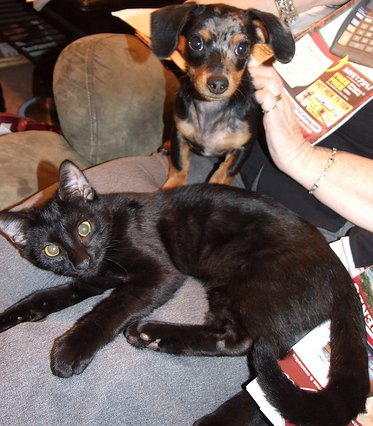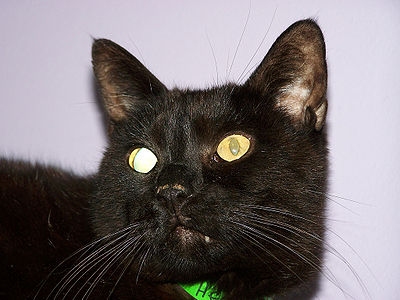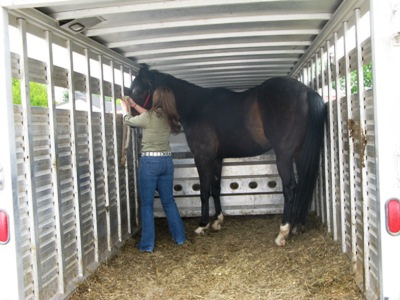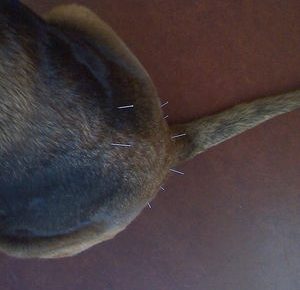
The initial cost of a cat or dog depends on whether your choice is a purebreed or a mixed breed. Purebred cats or dogs can be much more expensive than getting a pet from a rescue organization. Adoption fees are much lower and often purebreds are available in shelters and rescue groups. Costs of care can vary greatly depending on where you live.
An example of varying costs is spay/neuter. Charges can be as low as $125 climbing upwards to approximately $500 or more. There are projects for free or even lower cost spaying and neutering in some areas. Be in touch with your local shelter to find out more about them.
Cats don’t vary in size much, so costs are pretty much the same for every cat. But dogs come in all sizes and the larger the dog, the bigger the outlay of money for care and equipment. Age is a factor as well. As our pets grow older, their needs change somewhat and they may need special care.
Following are some items you’ll want to include to give your pet the best care possible.
- Vaccinations
- Food and treats – Cats have smaller appetites, so feeding premium food can still be cost effective. The size of your dog will determine the cost of your monthly food bill. Many people today are opting for home cooking or raw feeding, especially with so many pet food recalls recently. It’s important to check labels for high quality ingredients without fillers such as corn, soy and wheat.
- Leashes, collars, harnesses, ID tags, microchips – There are so many choices. Designer items can be expensive.
- Beds, bowls – again, lots of choices. Consider the size of your pets when making purchases. Stainless steel or ceramic bowls are the safest.
- Toys – You can choose to make your own or opt for the dozens on the market.
- Grooming – If you do it yourself, you’ll need basic equipment such as brush, comb, shampoo, etc. If you use a groomer, cost depends on frequency of grooming, breed, coat condition, type of cut.
- Supplements and preventive medications – These are usually given daily and the ones you use will determine costs.
- Heartworm medications, flea and tick preventatives – These are usually given on a monthly basis. Worming medications are usually given every 6 months.
- Litter box/Litter for cats – If you have more than one cat, you may need multiple litter boxes. There are many designs to choose from and your cat will let you know which is most comfortable.
- Scratching Post for cats – This may be an optional item, but it can save your furniture.
- Crate, kennel, carrier for dogs (or cats) – Cost depends on the size of your dog.
- Pet Insurance – There are many companies offering pet insurance. Check to see which one is affordable and covers your pet’s needs.
- Pet Sitter – You may need someone to look in on your pet daily or when on vacation.
- Boarding or Traveling with you pet – If you need these services, they will probably be only occasional.
- Destruction and replacement of items – Some dogs and cats too are chewers and you may have to consider the cost of replacing items that have been destroyed.
There can be other unforeseen, major costs. Your pet may develop a chronic illness, an emergency, dental care with aging. If you are able, it’s a good idea to put aside savings for such happenings.
Most of these items can be relatively inexpensive and don’t need to be purchased all at once. Keep in mind that you are the most important “item” in your pet’s life.
A dog or cat is part of your family and whatever the cost, the payback is years of loyalty and unconditional love. That cannot be measured in money.



